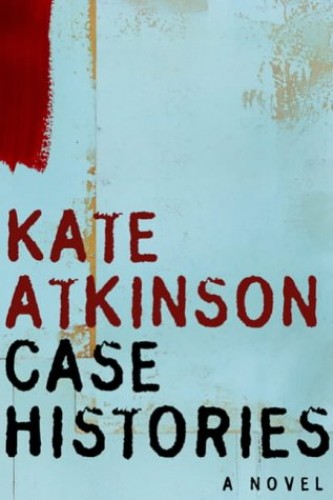I spent much of the month of January preparing a talk for our local literary and historical society on Golden Age detective fiction, more specifically on the work of Margery Allingham and Josephine Tey. These two writers – Tey especially – have often been sidelined in discussions of the ‘Queens of Crime’, yet it can be argued that their influence on modern crime fiction has been far reaching.
There was a lot of work involved in researching this topic but I loved every minute of it. The immersion in a particular area of literary history, a particular group of writers, is an activity I have always found to be profoundly energising and stimulating, both in terms of making new discoveries and in thinking about my own work. I read a lot of Golden Age stuff in my early twenties, not so much since, and so the vigour and innovation that characterises the best work of the period came as a revelation renewed. The genre has its unpalatable aspects, to be sure – the classism and anti-Scottish sentiment on display in Tey’s works, for example, the ridiculous levels of sexism in Anthony Berkley’s – but what is less often commented upon is the ingenuity and enthusiasm that flourished among the first wave of detective writers not simply in matters of plotting but in matters of language, character psychology and literary form.
I came to the end of my month of reading feeling I’d only scratched the surface, and my research will continue. Sarah Phelps’s cool and creepy new adaptation of Agatha Christie’s The Pale Horse came along just in time to feed my obsession, as did my discovery of the truly excellent Shedunnit podcast, hosted and written by Caroline Crampton. Focusing on the true crime stories that inspired many of the Golden Age narratives, Shedunnit is seriously addictive as well as beautifully compiled and presented – a real labour of love, which I recommend to you unreservedly.
Regular readers of this blog will know that I’m constantly on the lookout for more leftfield crime writing. This week, and in the service of that pursuit I finally made the acquaintance of Kate Atkinson’s semi-regular private detective Jackson Brodie. Case Histories is a wonderfully intricate, lovingly detailed novel that for all its sadness remains warm-hearted and very human. The seemingly effortless way Atkinson slips from tragedy to comedy and back again reveals a rare literary suppleness – she kept reminding me, weirdly, of George Eliot, and has a comparable social reach and breadth of field.

Her plotting is exquisite but it’s her willingness to go off on tangents that most earned my admiration and delight. Those details and backstories some might deem irrelevant form in Atkinson the beating heart of her story and I love her for it. I love her doubly, triply for never succumbing to melodrama or the desire to ‘ratchet up the tension’ that bedevils so many more generic crime novels. She writes detective fiction with heart, brain and soul, which is exactly as it should be. I’ll definitely be seeking out Brodie’s company again in the future.
And what a joy it’s been, to find myself immersed in books that weren’t published yesterday. I’m as addicted to new releases as anyone, but there’s a special kind of intimacy in reading works that no one else is particularly reading at this moment, a sense of discovery that can feel more invigorating that any prize list.
A good start to the reading year. This is how I hope to go on.